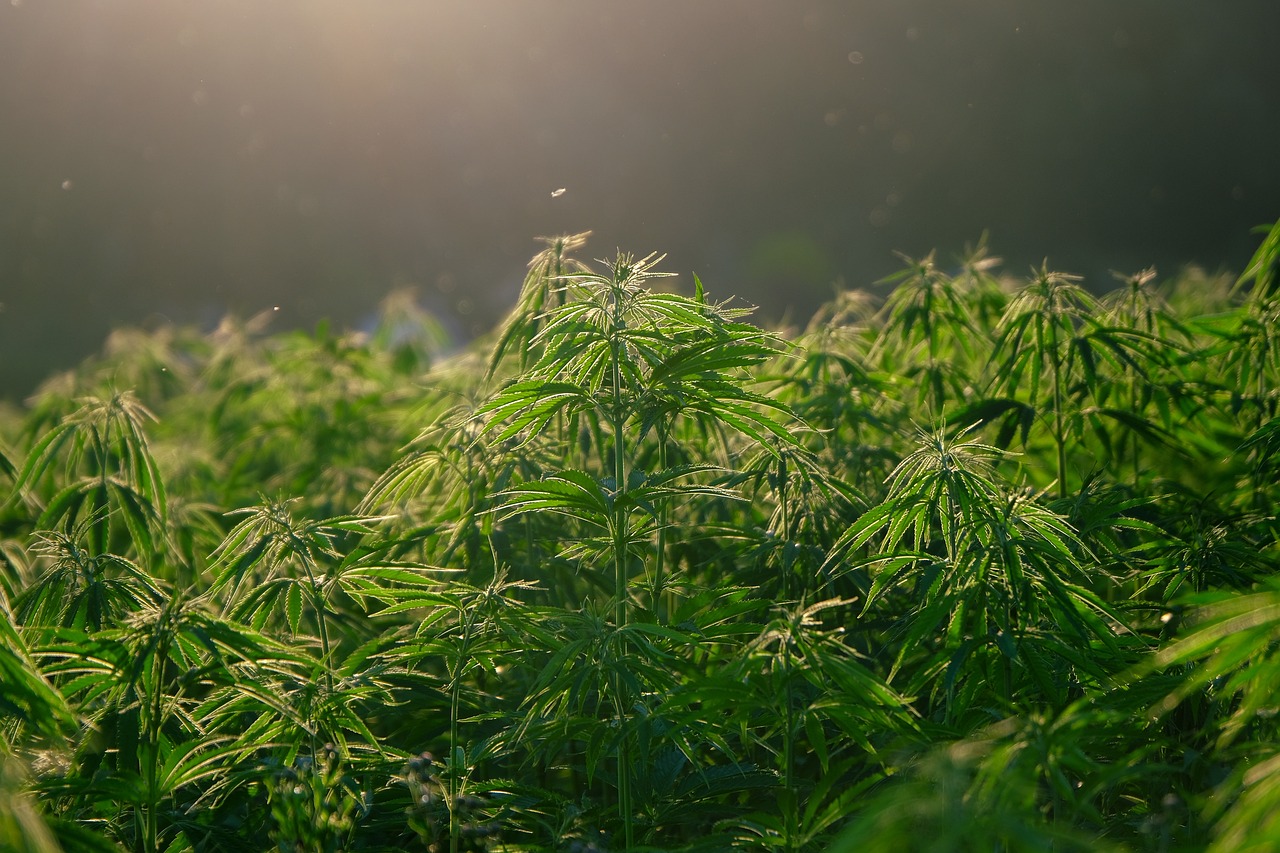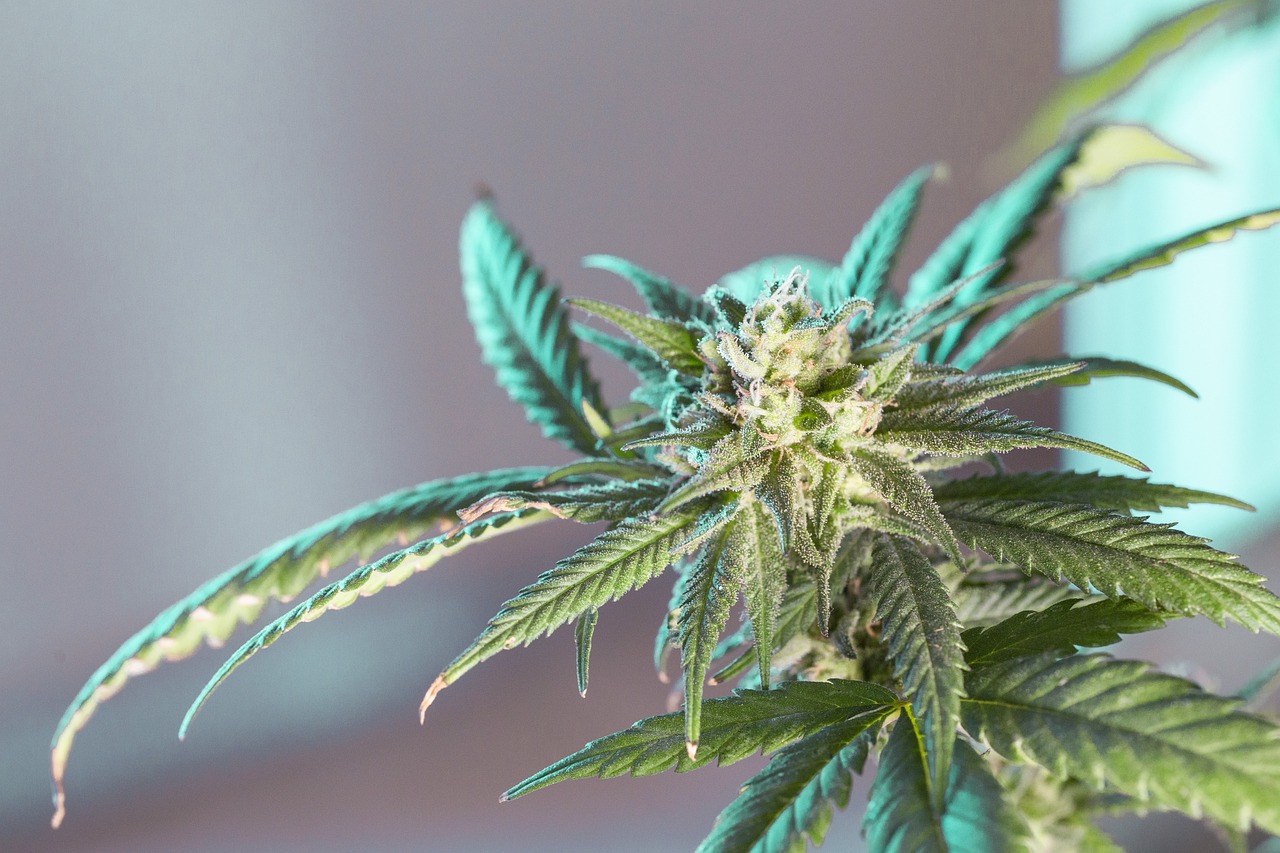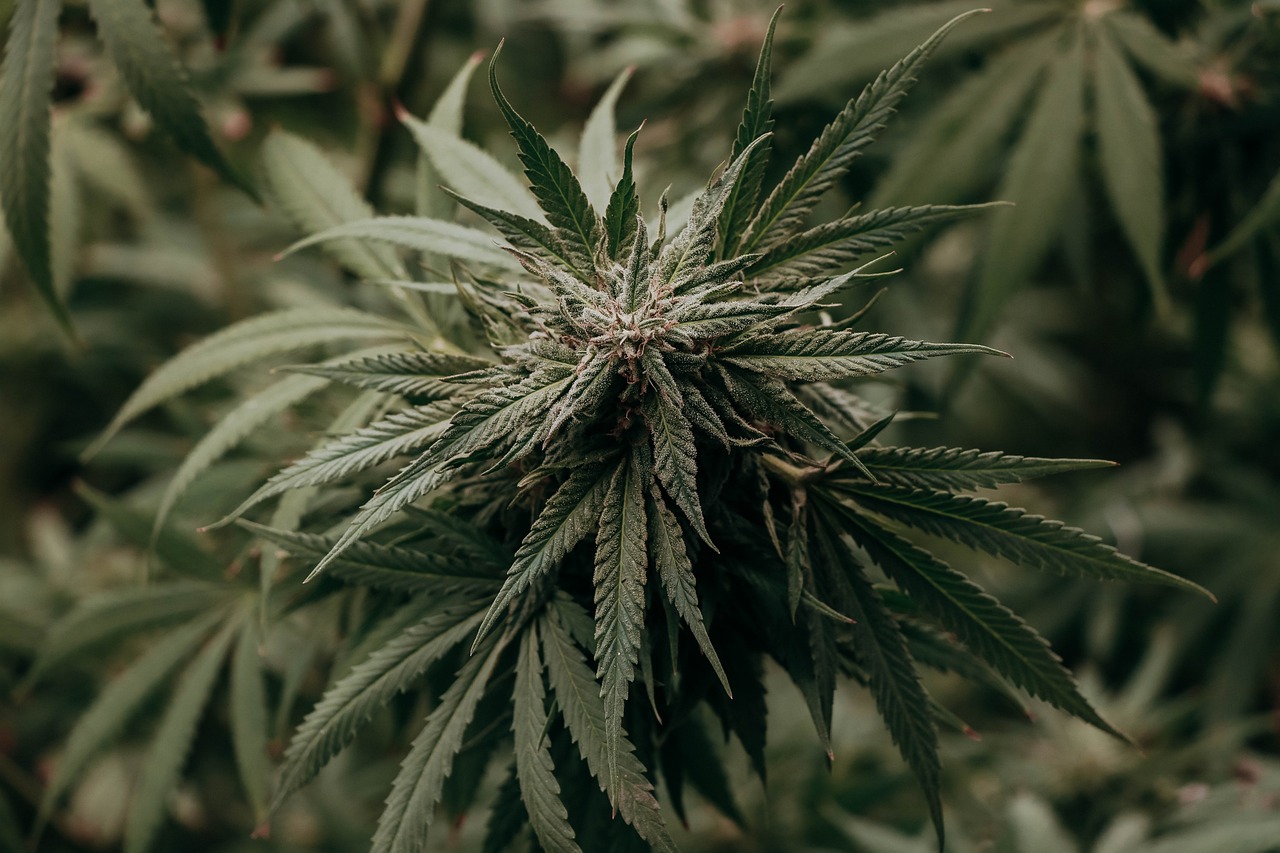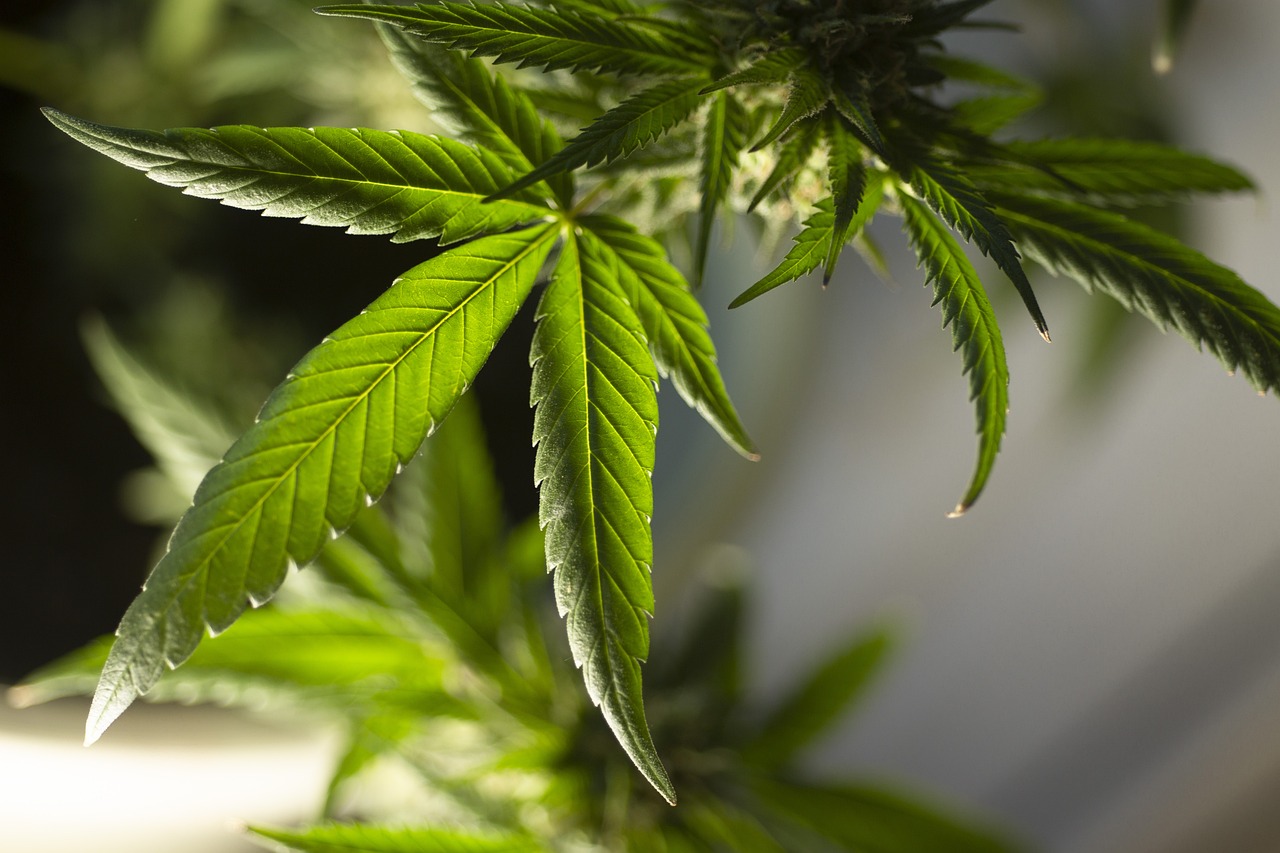In the ever-evolving landscape of cannabis research, understanding the nuances between different compounds is key to harnessing their potential benefits. Two such compounds, THCA (tetrahydrocannabinolic acid) and THC (tetrahydrocannabinol), often come up in discussions about cannabis. While they share a similar chemical structure, their effects and applications differ significantly. This article explores these differences, providing insights into their unique properties and uses.
What is THCA?
THCA flower for social gatherings is a non-psychoactive cannabinoid found in raw and live cannabis plants. It is the precursor to THC, meaning it converts into THC when exposed to heat through a process called decarboxylation. This transformation is what gives cannabis its psychoactive properties.
Properties of THCA
- Non-psychoactive: Unlike THC, THCA does not produce a high.
- Anti-inflammatory: Research suggests that THCA may have anti-inflammatory properties, making it a potential candidate for treating conditions like arthritis.
- Neuroprotective: Some studies indicate that THCA might offer neuroprotective benefits, which could be useful in managing neurodegenerative diseases.
- Antiemetic: THCA may help reduce nausea and vomiting, offering relief for patients undergoing chemotherapy.
What is THC?
THC is the most well-known cannabinoid, primarily responsible for the psychoactive effects associated with cannabis. It is the compound that interacts with the brain’s cannabinoid receptors, leading to the characteristic high.
Properties of THC
- Psychoactive: THC is known for its mind-altering effects, which can include euphoria, relaxation, and altered perception of time.
- Pain relief: THC is often used for its analgesic properties, providing relief for chronic pain conditions.
- Appetite stimulation: Commonly referred to as the “munchies,” THC can increase appetite, which is beneficial for patients with conditions like HIV/AIDS or cancer.
- Sleep aid: THC may help improve sleep quality, making it a potential option for those with insomnia.
How THCA Converts to THC
The conversion of THCA to THC is a process that occurs when cannabis is heated. This can happen through smoking, vaping, or cooking. The heat causes the THCA to lose a carboxyl group, transforming it into THC. This process is essential for those seeking the psychoactive effects of cannabis.
Medical Applications and Research
Both THCA and THC have been the subject of numerous studies exploring their potential medical benefits. While THC has been more extensively researched due to its psychoactive nature, interest in THCA is growing.
THCA in Medical Research
Recent studies have highlighted THCA’s potential in treating various conditions without the psychoactive effects of THC. For instance, a 2017 study published in the British Journal of Pharmacology suggested that THCA might be effective in reducing inflammation and pain in animal models. Another study indicated that THCA could have neuroprotective effects, which might be beneficial for diseases like Alzheimer’s.
THC in Medical Research
THC has been widely studied for its therapeutic potential. It is commonly used in the treatment of chronic pain, with a 2015 review in the Journal of the American Medical Association finding moderate-quality evidence supporting its use for pain management. THC is also used to alleviate symptoms of multiple sclerosis, with studies showing it can reduce muscle spasticity and improve mobility.
Legal Considerations
The legal status of THCA and THC varies significantly across different regions. THC is often subject to strict regulations due to its psychoactive properties, while THCA, being non-psychoactive, is less regulated in many areas. However, the conversion of THCA to THC upon heating can complicate legal matters.
THCA Legality
In many jurisdictions, THCA is not classified as a controlled substance, allowing for its use in raw cannabis products. This has led to an increase in the availability of THCA-rich products, such as tinctures and capsules, which are marketed for their potential health benefits without the high.
THC Legality
THC’s legal status is more complex, with varying regulations depending on the country or state. In places where cannabis is legal for recreational or medical use, THC products are widely available. However, in regions where cannabis remains illegal, THC is classified as a controlled substance, and its possession or use can result in legal penalties.
Consumer Considerations
When choosing between THCA and THC products, consumers should consider their desired effects and any legal restrictions in their area. THCA products may be suitable for those seeking potential health benefits without psychoactive effects, while THC products are more appropriate for those looking for the traditional cannabis experience.
Choosing the Right Product
- For non-psychoactive benefits: THCA-rich products like raw cannabis juice or capsules may be ideal.
- For psychoactive effects: THC products such as edibles, oils, or smokable cannabis are recommended.
- For medical use: Consult with a healthcare professional to determine the most appropriate cannabinoid and dosage for your condition.
Conclusion
Understanding the differences between THCA and THC is essential for making informed decisions about cannabis use. While both compounds offer unique benefits, their effects and legal status vary. As research continues to uncover the potential of these cannabinoids, consumers and medical professionals alike can better navigate the options available to them. Whether seeking therapeutic benefits or recreational enjoyment, knowing the properties of THCA and THC can enhance the cannabis experience.



